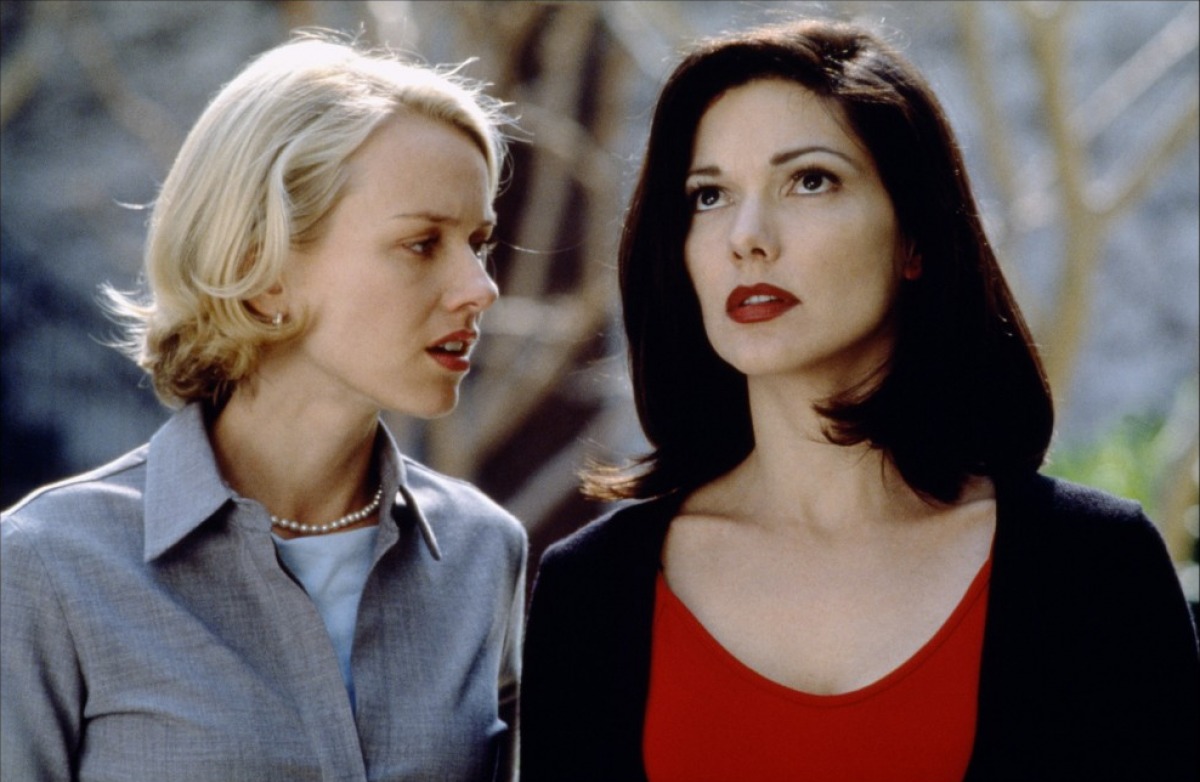
Quentin Tarantino, a Palme d’Or winner with Pulp Fiction, once said the following: “There’s only one list that’s more illustrious than the list of directors who won the Plame d’Or. It’s the list of directors who didn’t”. And while that might be a bit harsh, there is some truth to it: not only have directors like Kubrick or Hitchcock never won a Palme, but even some of the most celebrated auteur filmmakers, Truffaut, Godard, Welles, Renoir and many more, have not been given the honor.
While most modern geniuses, the Hanekes, Von Triers and Lynches have gotten their Cannes top award (or two), the jury missteps are still at least as common as the right calls. And since, as we’ve witnessed for several years in a row now, the jury decisions are extremely hard to predict, we have prepared a list that proves the best movie in show and the Palme d’Or award do not always walk hand in hand – so brace yourself when waiting for the Cannes 2017 winners.
For the sake of argument, let’s forget who the jury in each case was. Let’s also assume that they are as open-minded as any jury really should be. However, let’s keep in mind the overall tally of the wins – if a director already has a Palme, odds are not in his favor in this list, much like in real life.
The films are ranked by three criteria: how good they are, how much of a lasting impact have they had since and how obvious was their superiority over other Competition movies.
8. Polisse
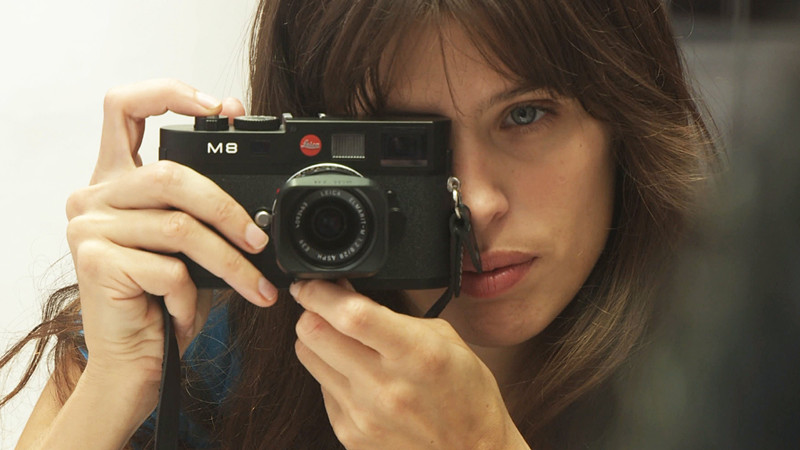
Don’t shoot us for this one, but The Tree of Life should not have won the Palme d’Or. Unlike most other movies on the list, Polisse by Maïwenn wasn’t snubbed for a much worse choice, as The Tree of Life still had some incredible filmmaking (and was also very divisive, always a big bonus for a winner), but Polisse was, nonetheless, the better, more worthy picture.
Maïwenn’s drama focuses on a journalist covering the work of a juvenile division of the police. Played by Maïwenn herself, the journalist soon starts an affair with one of the officers, and seems to generally get more and more emotionally involved every day.
While focusing on several characters and their everyday lives, the film doesn’t have a clear, unifying story, instead choosing to follow different perspectives. It’s extremely hard to keep up with for anyone not speaking French, because half of the movie is set in a room full of screaming people. But precisely by staying right in the center of events does the director manage to capture the essence of the people so well.
It’s very rare for any movie to touch the viewer emotionally, much less provoke both laughter and tears, yet, if given enough attention and care, that is exactly what Polisse does. A Palme win was not only deserved, but would also have shed light on a star-less drama.
7. Son of Saul
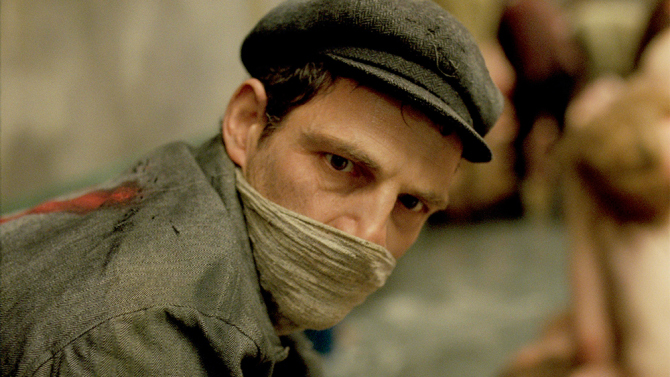
The task of making an original and, even more importantly, relevant film on the Holocaust seems like a mission impossible in this day and age. Everything has been said many, many times over, and one can’t help but feel a little desensitized by the whole genre.
Well, László Nemes did exactly that and was, unsurprisingly, awarded first place on many yearly critic polls, nabbing the Oscar while at it. It didn’t win the Palme, though, as the honor went to Dheepan, the most boring and unmemorable movie Jacques Audiard ever made, and one that even with a Palme to its name is all but forgotten three years later.
Nemes points his camera to Saul all movie long. Every action, however important to the plot, is only in the background of the Auschwitz prisoner’s face. He has been forced to lead his own people to death and to take care of their corpses, he has long been dehumanized, as anyone would be in the situation in order not to go insane.
The focus on his face is what really get us, the audience, for the horror of mass murders is seen reflected in one human who is himself on the brink of collapse. We don’t just see a montage of tearful sorrow or joyous hope, we see the everyday life of Auschwitz. And while we might, through some rationalization, comprehend the numbers and the facts of all that death, we can’t bear seeing a real human being living the everyday life of them.
6. Hidden
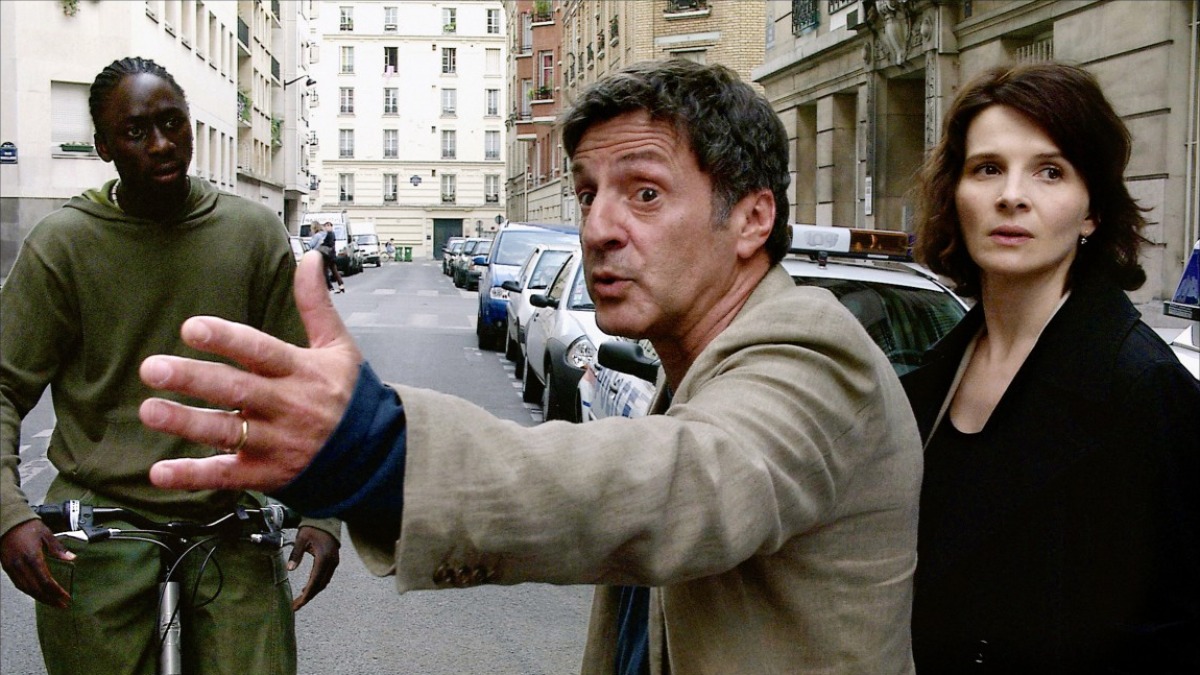
Michael Haneke is a genius, that much is obvious. And everyone knows he is one a two-Palme winning streak at the moment, one that just might extend the three come next weekend, but lest we forget there was a period when he got Cannes Grand Jury, Best Director and FIPRESCI awards, but the biggest accolade escaped him.
That should have changed in 2005, when Hidden, a movie that to this day might be his best, was in Competition. In it, a married couple receives videotapes of their own home. Who might be filming them is unclear, but it’s obvious they were, and most likely still are, watched.
Hidden is a subversive thriller, one that puts a spin on our whole movie culture. There are countless theories explaining the answers Haneke didn’t spell out, and sure enough, everyone who’s seen it has their own take. And while Funny Games or The White Ribbon might be the two most obviously shocking films the Austrian has ever made, deep down Hidden is probably the biggest kick-in-the-teeth of his career, which is saying something.
The only reason (given the fact Haneke’s two other wins came later, so at the time of this Competition he was still winless) Hidden isn’t higher on the list is The Child by brothers Dardenne, the real Palme winner. It’s not as good or as influential, but it’s still an amazing feature, so while Haneke should have been the winner, this jury call wasn’t all that bad either.
5. Holy Motors
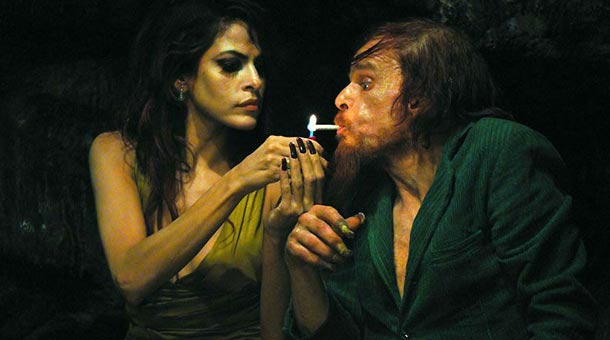
From a film that Haneke should have won for to a film that Haneke shouldn’t have. 2012 was the year he got his double with Amour, and while that’s a near masterpiece, the Cannes missed out on giving the award for one of the most interesting and philosophical movies of the 21st century while awarding the Austrian yet again.
Holy Motors by Leos Carax is a crazy movie and it’s not hard to see why the jury didn’t go its way. But as far as bold, inventive statements of the modern state of cinema and the world itself go, this is the real deal. Denis Lavant’s Monsieur Oscar travels to different tasks and jobs over one evening. Is he an office worker, a dancer or a murderer? And if he’s all of them, what on earth for?
Carax’s movie leaves much to the interpretation of the public and there are dozens of philosophical ideas on could employ to decipher the puzzle of Holy Motors. But even if one is not inclined to do so, the film offers some of the most dazzling images that are sure to get stuck in your mind for years to come.
We’re not saying Amour isn’t a worthy winner. We’re not even saying Holy Motors is the better feature. But by this time, in the perfect world of ours, Haneke would have won two Palmes already (and that’s in the 21st century, going back even further, there’s a good chance Funny Games would have gotten it too), and Carax has never won Cannes, Berlin or Venice. And he sure as hell deserves it, especially for his latest work.